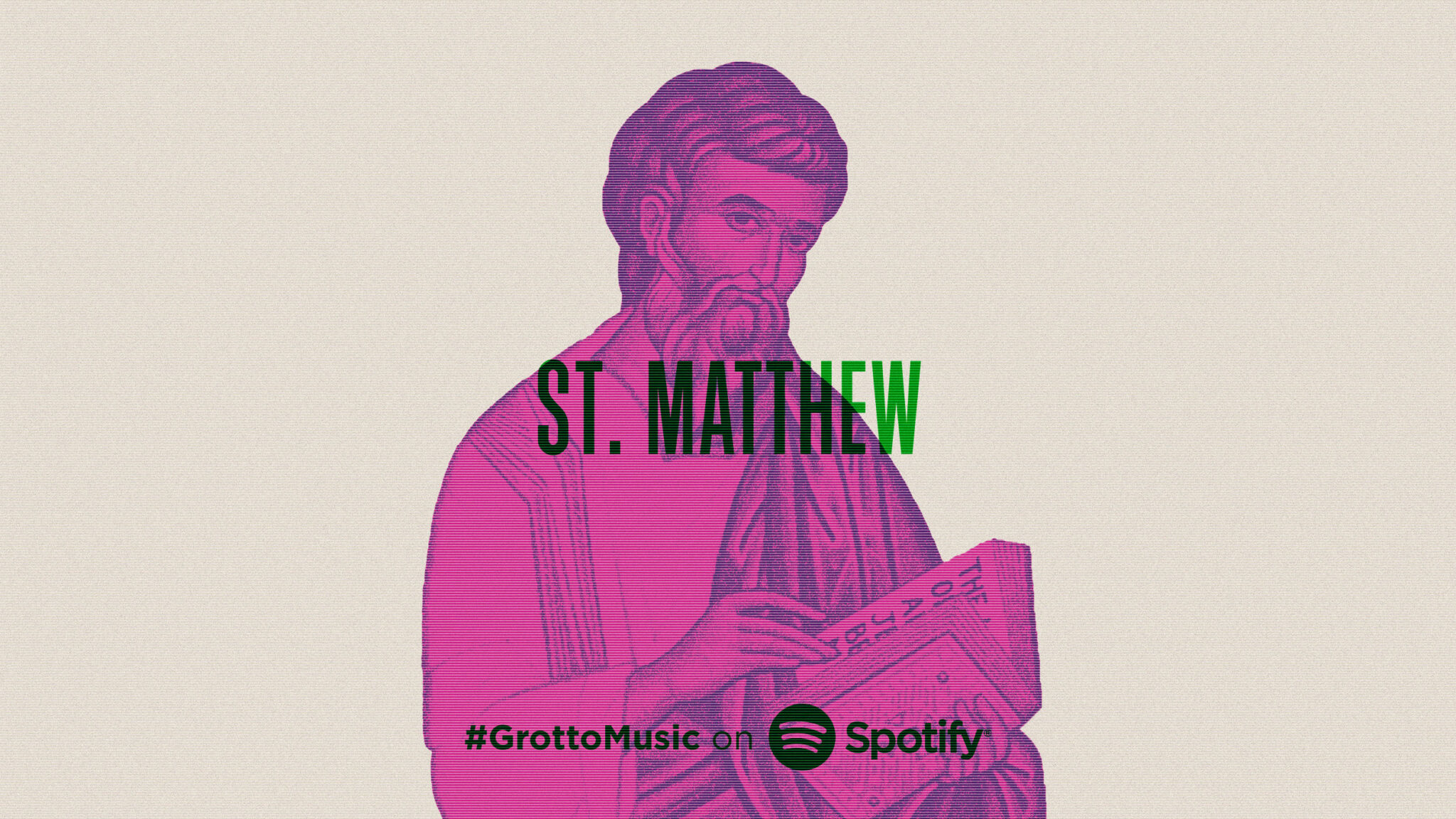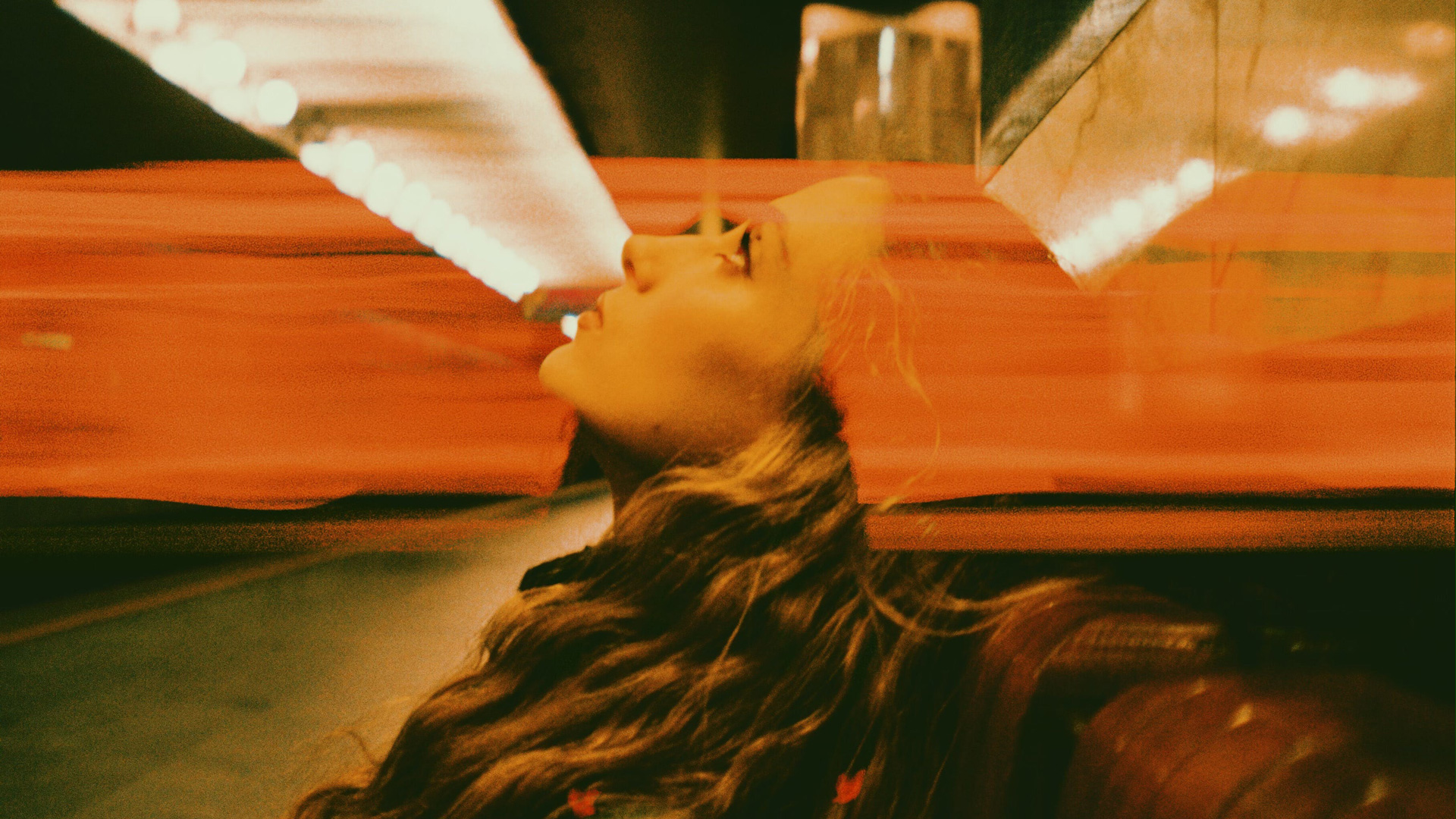
Every time I’m stuck in a long supermarket line, I try to remember to think about David Foster Wallace’s 2005 Kenyon College commencement address.
The supermarket line is the setting of the most vivid part of the speech, which was published as a book titled “This Is Water: Some Thoughts, Delivered on a Significant Occasion, about Living a Compassionate Life” after Wallace’s death in 2008. (You can also read or listen to it online.)
Despite insisting that he was not there to lecture the graduates “about compassion or other-directedness or the so-called virtues,” he absolutely did do that: The speech is a sermon, Wallace’s blueprint for living well. Unlike many sermons, and unlike most cliché-riddled commencement addresses in general, the speech is surprising, challenging, funny, wise, and true. It’s the only commencement address I’ve read more than once, and I’ve read it dozens of times.
If you’re unfamiliar with Wallace, he was a genius writer who is most famous for his groundbreaking, thousand-page 1996 novel “Infinite Jest,” plus perceptive essays on topics as varied as professional tennis, cruises, and a presidential campaign. But he was terrified of public speaking and was reluctant to accept the college’s invitation. If you listen to the speech, you can hear his nerves and lack of polish.
No matter: It’s an all-timer that holds up through decades of graduations.
The heart of the speech is Wallace’s contention that the real value of a liberal arts education is learning how and what to think, to choose “what you pay attention to and to choose how you construct meaning from experience.”
Our own hard-wired “default setting” — this latter term Wallace uses 12 separate times in the speech — is to think of ourselves as the absolute center of the universe, which is how we experience the world: things are in front of ME, behind ME, on MY iPhone screen. If we don’t choose differently, we will go through the world believing and acting in a literal self-centered way.
I can imagine my own reaction if I were a Kenyon College grad that day: Well, I’m not self-centered. I care a lot about others. I’m generally a good person.
Wallace uses the example of the supermarket line to put this belief to the test and show how easy and natural it is to live on our default setting.
Imagine you’ve worked a long day at your “challenging, white-collar, college-graduate job,” then want to go home and have dinner and crash, Wallace proposes. But you haven’t had time to shop for food this week because of your job. So you have to drive to the store in terrible traffic, then make your way all around the market to find all the different things you need, and the store is “hideously lit and infused with soul-killing muzak or corporate pop and it’s pretty much the last place you want to be…”
Everyone else who didn’t have time to shop earlier is there, too, and there aren’t enough checkout lines open. You finally get to the front, pay for your food, “and you get told to ‘Have a nice day’ in a voice that is the absolute voice of death.”
“The point is that petty, frustrating crap like this is exactly where the work of choosing is gonna come in,” Wallace says. In other words, this situation presents each of us with a decision to make: I can think about how annoying this situation is for me; or I can choose to look at it differently.
And I’ll include this entire long quote because it’s the crux of the speech:
But most days, if you’re aware enough to give yourself a choice, you can choose to look differently at this fat, dead-eyed, over-made-up lady who just screamed at her kid in the checkout line. Maybe she’s not usually like this. Maybe she’s been up three straight nights holding the hand of a husband who is dying of bone cancer. Or maybe this very lady is the low-wage clerk at the motor vehicle department, who just yesterday helped your spouse resolve a horrific, infuriating, red-tape problem through some small act of bureaucratic kindness. Of course, none of this is likely, but it’s also not impossible. It just depends what you want to consider. If you’re automatically sure that you know what reality is, and you are operating on your default setting, then you, like me, probably won’t consider possibilities that aren’t annoying and miserable. But if you really learn how to pay attention, then you will know there are other options. It will actually be within your power to experience a crowded, hot, slow, consumer-hell type situation as not only meaningful, but sacred, on fire with the same force that made the stars: love, fellowship, the mystical oneness of all things deep down.
I work for the Jesuits, an order of Catholic priests and brothers, and it’s at this paragraph where my brain’s Jesuit siren starts blaring. A central part of Jesuit spirituality is “finding God in all things,” which is rooted in a daily prayer practice Jesuits have been doing for 500 years called the “examen.” The “examen” centers on looking over your day each evening and noticing where God was at work in your own experiences.
Pray the examen enough, the thinking goes, and you’ll notice God-at-work in the moment, not just later that evening when you’re doing the prayer. Like, if you’re standing in a miserably long supermarket line, maybe you’ll be able to experience it as “on fire with the same force that made the stars” before you reach the register.
Wallace himself makes this move in the speech: He goes from the above section about noticing to a paragraph on choosing what to worship. “Because here’s something else that’s weird but true: in the day-to-day trenches of adult life, there is actually no such thing as atheism… Everybody worships,” he writes. Worship power or money or beauty or intelligence — anything other than “some sort of God or spiritual-type thing” — and “it will pretty much eat you alive.”
Worship money and stuff? You’ll never have enough. Worship beauty? You’ll always feel ugly. Worship intellect? You’ll always feel like a stupid fraud.
“Our own present culture has harnessed these forces in ways that have yielded extraordinary wealth and comfort and personal freedom. The freedom all to be lords of our tiny skull-sized kingdoms, alone at the center of all creation,” Wallace writes. “But of course there are all different kinds of freedom, and the kind that is most precious you will not hear much talk about in the great outside world of wanting and achieving…. The really important kind of freedom involves attention and awareness and discipline, and being able truly to care about other people and to sacrifice for them over and over in myriad petty, unsexy ways every day.”
What a rhetorical journey this is: from the supermarket line to a reflection on worship to the most poignant description of freedom I’ve ever read — all in the space of a few paragraphs.
The main point that stitches these parts together? In order to live well, we have to choose what we pay attention to and what meaning we make of our experiences. And the choices we make in those small, inconvenient, tedious moments add up and shape who we are. Seen from this perspective, the supermarket line becomes an enormously important time of proving. What kind of person do you want to be? What do you want to value? Those are some huge life questions to pull out of a seemingly insignificant daily experience.
What Wallace did here was a masterpiece of insight into the human condition — and it’s why I come back to it year after year, and try to remember it whenever I find myself operating on my default setting. Pull it up on your phone the next time you’re stuck in a line. Maybe it’ll change your life. Not bad for a speech from someone else’s college graduation.























